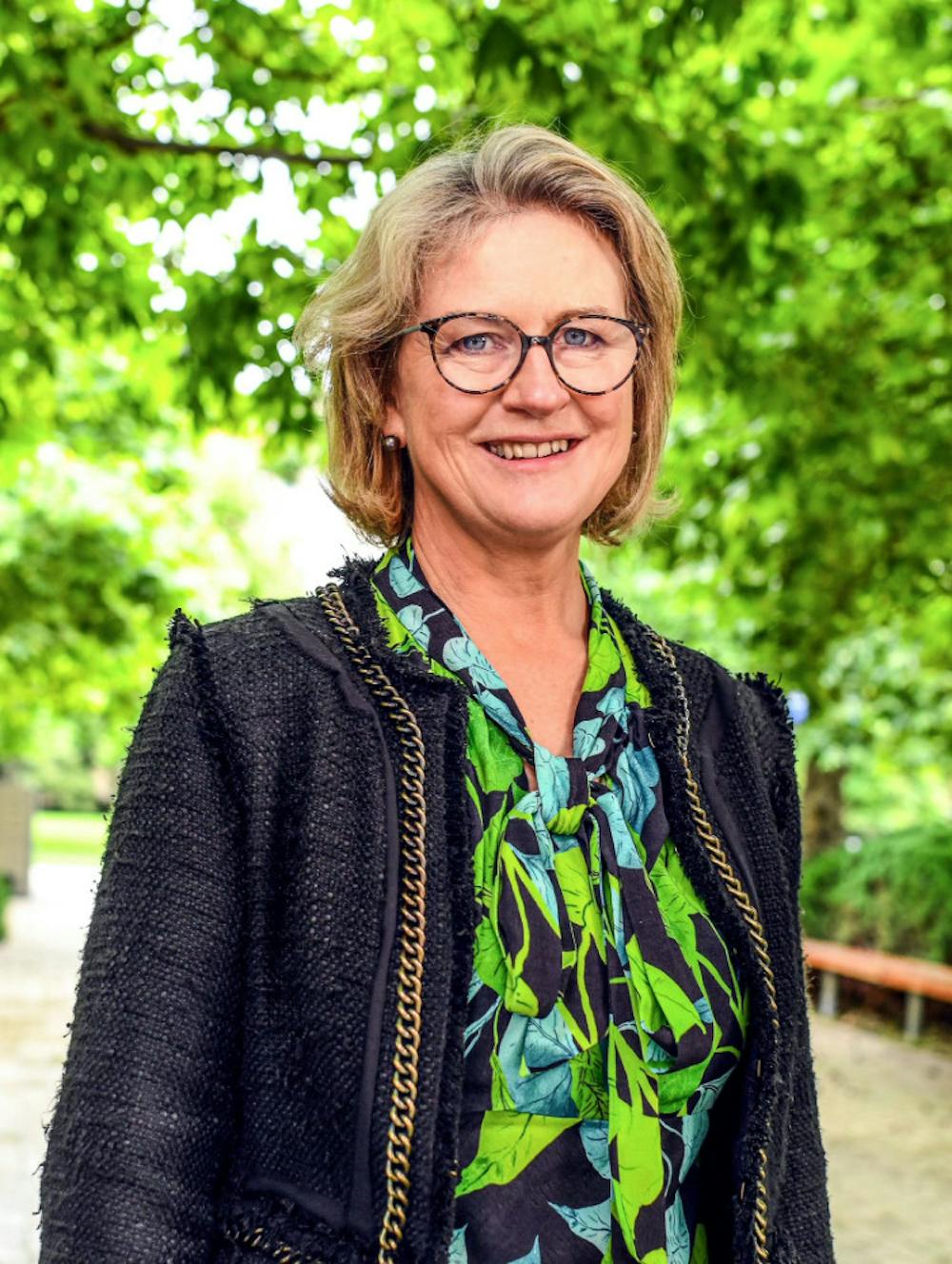A smartphone app will be used to pinpoint the broad number of allergens and triggers that cause thunderstorm and seasonal allergic asthma in a new Melbourne-led trial.


The high-tech, personalised approach will enable specialists to then tailor prevention and treatment options to an individual in the hope of stopping severe and sometimes life-threatening reactions which can lead to emergency asthma events and hospital presentations.
Director of Research at the Royal Melbourne Hospital (RMH) and Head of the Department of Medicine at the University of Melbourne (UoM), Professor Jo Douglass, described thunderstorm asthma conditions as a “public health emergency” but said precise predictions of risk for individuals are not yet available.
“We still don’t know what all the causes of thunderstorm asthma are,” Prof Douglass said.
“Our hope is that this trial will confirm the biomarkers so we can give precise advice to people to enable them to prevent both thunderstorm and seasonal asthma.”
More than 400 people with asthma and hayfever will be recruited for the CARISTA (Creating A Risk assessment biomarker tool to prevent Seasonal allergic and Thunderstorm Asthma) trial, set to begin for the 2024 grass pollen season.
They will each be set up with the smartphone app, which uses geolocating to determine where a person is and what they have been exposed to.
Participants will also be asked to input their own data and notes on a regular basis to record their symptoms.
The trial will run for 5 years, thanks to a $2m grant from the Federal Government’s Medical Research Future Fund. It will involve a multidisciplinary team of clinicians and researchers from the RMH and the UoM, together with colleagues from all major metro Melbourne hospitals and leading advocacy bodies, including Asthma Australia.
“One in five Australians have hayfever, and half of those have asthma. This study is exciting because it will help us identify who is at risk of spring-time asthma and enable them to implement preventive strategy treatments to keep themselves safe,” Prof Douglass said.

We provide a media service from 6am to 9pm each day. Journalists are welcome to contact our media adviser on-call via the RMH Switchboard on (03) 9342 7000.
During business hours, journalists can email mh-communications@mh.org.au. We do not respond to emails outside business hours.

